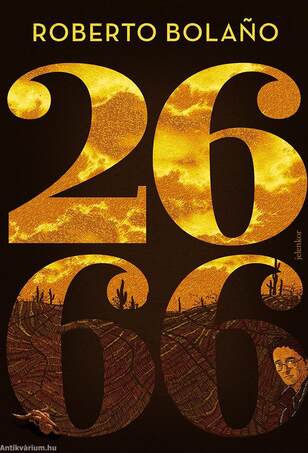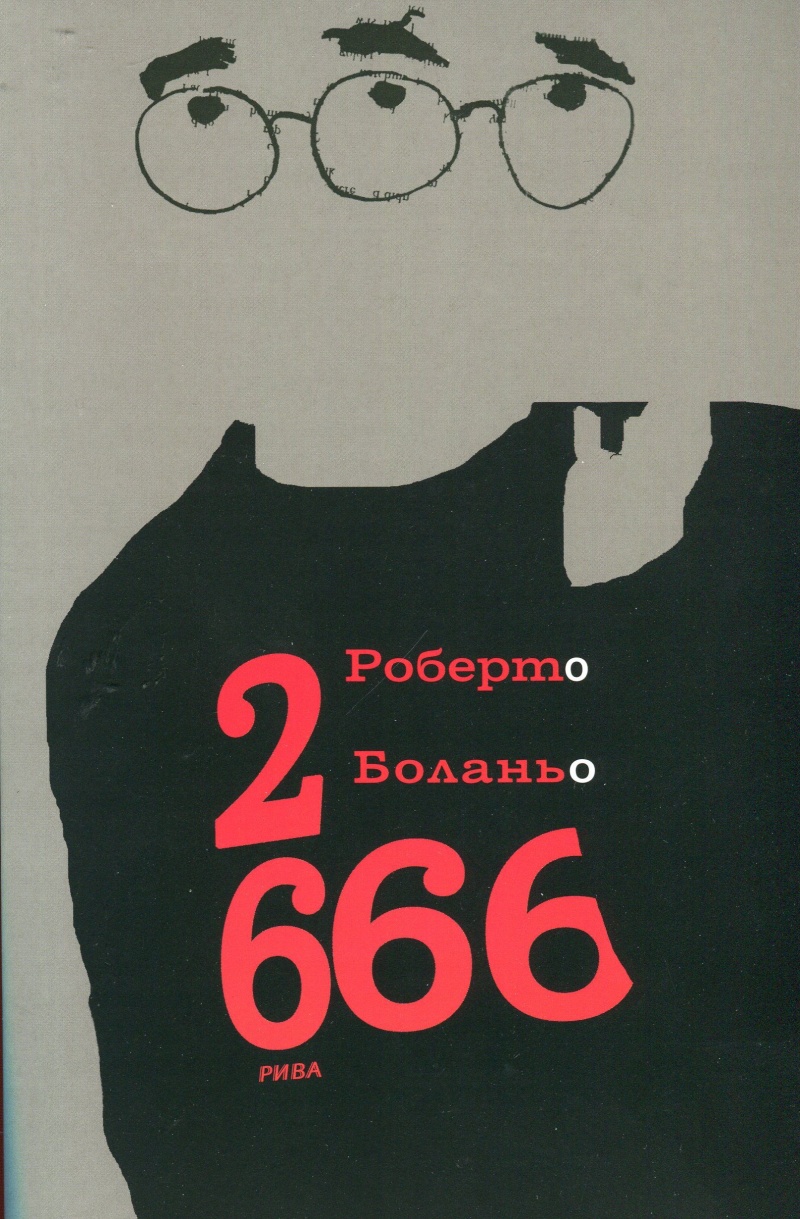

He had never visited Ciudad Juárez but received information and support from friends and colleagues such as the Mexican journalist Sergio González Rodríguez, author of the 2002 book of essays and journalistic chronicles Huesos en el desierto (Spanish: "Bones in the Desert"), concerning the place and its femicides. While Bolaño was writing 2666, he was already sick and on the waiting list for a liver transplant. 2666 explores 20th-century degeneration through a wide array of characters, locations, time periods, and stories within stories. In addition to Santa Teresa, settings and themes include the Eastern Front in World War II, the academic world, mental illness, journalism, and the breakdown of relationships and careers. The novel revolves around an elusive German author and the unsolved and ongoing murders of women in Santa Teresa, a violent city inspired by Ciudad Juárez and its epidemic of female homicides. They praised the book's multiple story lines and scope. Critics have compared it to the work of W. Wimmer's translation was nominated for the Best Translated Book Award. The New York Times Book Review included it in the list of "10 Best Books of 2008" Time named it Best Fiction Book of 2008 and the novel won the 2008 National Book Critics Circle Award for Fiction. In Chile, it won the Altazor Award in 2005.

It is a fragmentary novel.Ĭritical reception of the novel has been positive. An English-language translation by Natasha Wimmer was published in the United States in 2008, by Farrar, Straus and Giroux, and in the United Kingdom in 2009, by Picador. It is over 1100 pages long in Spanish, and almost 900 in its English translation. It was released in 2004, a year after Bolaño's death. Or what amounts to the same thing: they want to watch the great masters spar, but they have no interest in real combat, when the great masters struggle against that something, that something that terrifies us all, that something that cows us and spurs us on, amid blood and mortal wounds and stench.2666 is the last novel by Roberto Bolaño. They choose the perfect exercises of the great masters. Now even bookish pharmacists are afraid to take on the great, imperfect, torrential works, books that blaze a path into the unknown. He chose The Metamorphosis over The Trial, he chose Bartleby over Moby Dick, he chose A Simple Heart over Bouvard and Pecouchet, and A Christmas Carol over A Tale of Two Cities or The Pickwick Papers.

clearly and inarguably preferred minor works to major ones.

Leaving aside the fact that A Simple Heart and A Christmas Carol were stories, not books, there was something revelatory about the taste of this bookish young pharmacist, who. And then he said that he was reading Capote's Breakfast at Tiffany's. “Without turning, the pharmacist answered that he liked books like The Metamorphosis, Bartleby, A Simple Heart, A Christmas Carol.


 0 kommentar(er)
0 kommentar(er)
